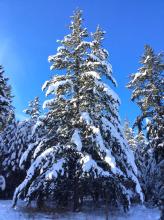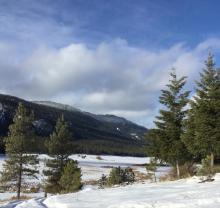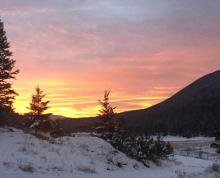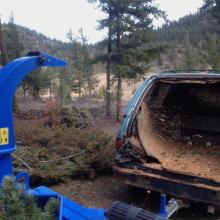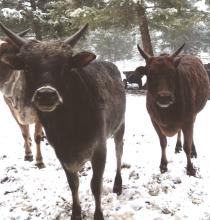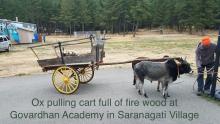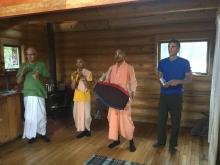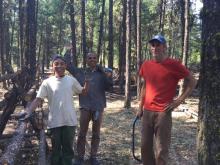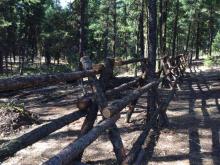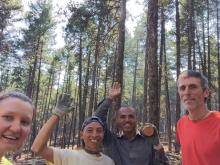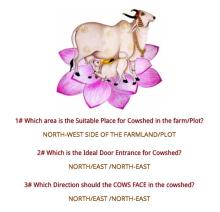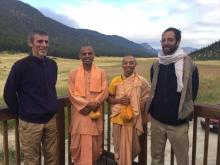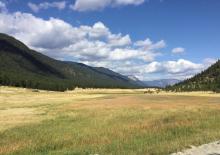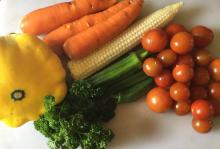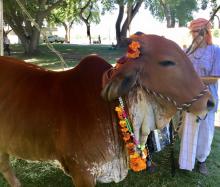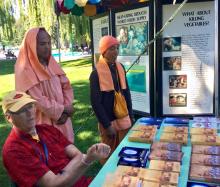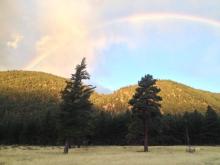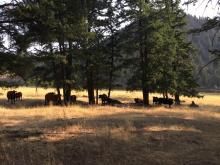Cows Protection in Winter
Winter is a prime time for diseases to flourish in cows. Cows have no difficulty handling snow, but rain is the biggest enemy of cows during winter. A goshala provides excellent protection against excessive wetness, but it must be well-ventilated to avoid trapping ammonia which can lead to respiratory problems like pneumonia.
Cows barns need heat in the winter. Our neighbouring Govardhana Goshala recently insulated the barn, keeping in body heat, but this prevents fresh air from entering. There are plans to build an external wood stove and to pump heat (via water pipes) into the goshala.
Foot health is also an issue in winter. Cows on pasture typically have fewer foot problems than cows housed on concrete. However, the goshala has a concrete floor and the cows spend most of the day inside in the winter.

